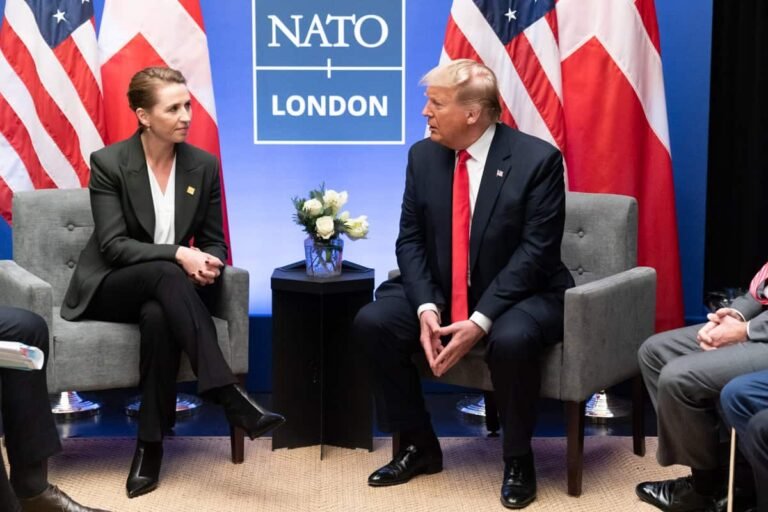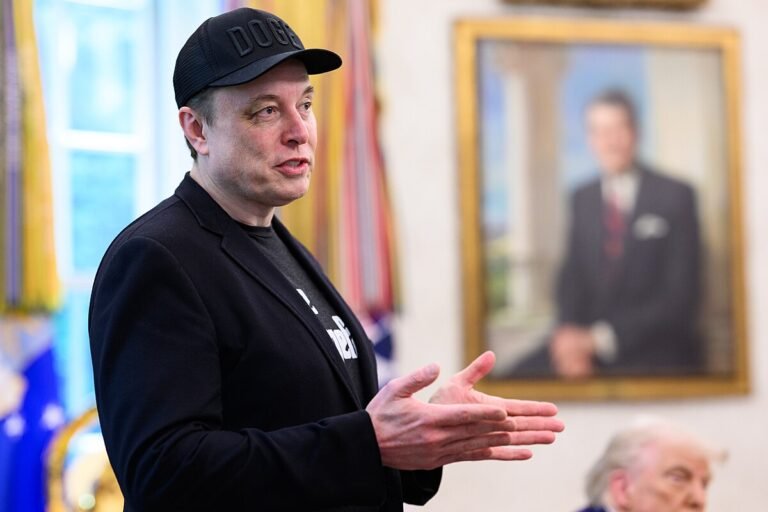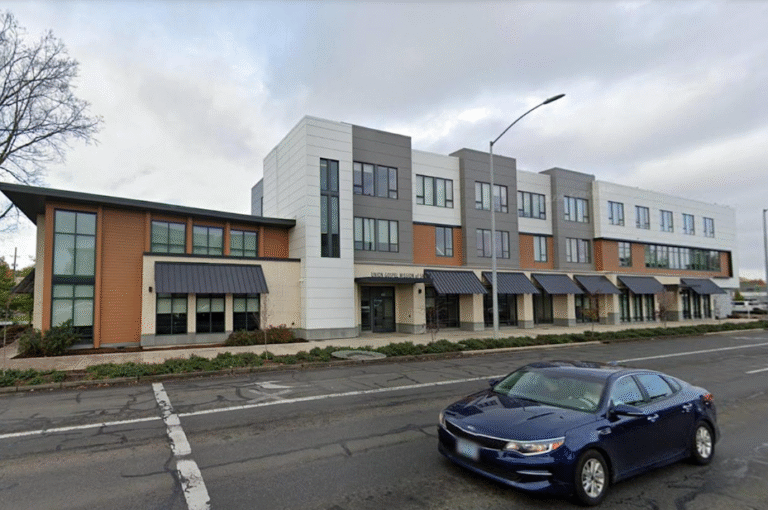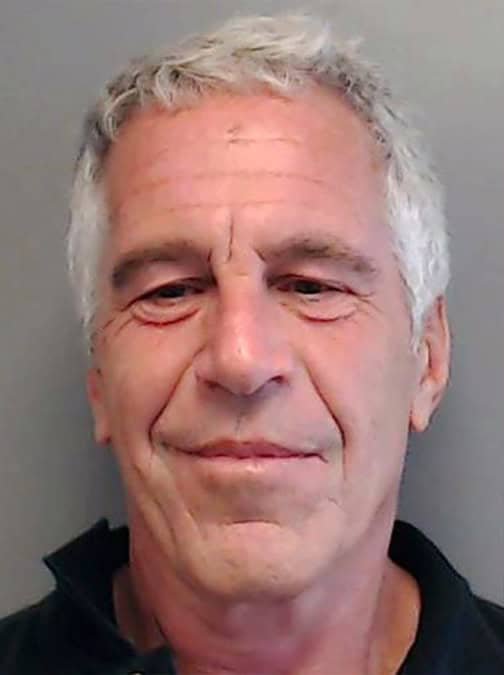
Germany and Uzbekistan have finalized a major agreement on migration and labor mobility, along with several other key accords, deepening their cooperation in critical areas such as raw materials and technology. The agreements were signed on Sunday in Samarkand, marking German Chancellor Olaf Scholz’s first visit to Central Asia. Scholz will continue his trip to Kazakhstan later today.
Key Agreements and Collaborations
The newly signed migration deal aims to enhance Germany’s ability to attract skilled workers from Uzbekistan. The agreement also includes a mechanism for the return of migrants lacking legal residency in either country. This move is part of Germany’s broader strategy to address its ongoing labor shortages and manage migration more effectively.
In addition to the migration pact, Germany and Uzbekistan agreed on several collaborative projects:
- Raw Materials: A joint declaration focuses on cooperation related to critical raw materials, including copper, to bolster supply chain resilience.
- Veterinary Medicine: Both nations committed to enhanced collaboration in veterinary medicine and livestock farming.
- Water Resources: A declaration on the sustainable use of water resources was also signed.
- Transport: The agreement includes initiatives for transport cooperation, including the development of high-speed rail travel.
Chancellor Scholz highlighted the importance of these agreements in a speech at an economic forum in Samarkand. He emphasized the potential benefits for both countries, particularly in leveraging Uzbekistan’s raw materials and advancing technological partnerships. Scholz also noted progress in a project involving German copper producer Aurubis AG.
Broader Strategic Goals
Scholz’s visit underscores Germany’s push to strengthen ties with Central Asian countries in sectors such as industry, energy, and security. This effort is part of a larger strategy to diversify Germany’s sources of energy and raw materials, reducing dependence on Russia and China.
In addition to Uzbekistan, Germany recently signed a similar migration agreement with Kenya. This accord aims to provide training opportunities for Kenyan skilled workers and streamline procedures for returning those unable to secure legal residency in Germany.
Upcoming Talks in Kazakhstan
Later today, Scholz will meet with Kazakhstan President Kassym-Jomart Tokayev in Astana. They are expected to sign agreements on:
- Financial Cooperation: Collaboration between the Bundesbank and Kazakhstan’s central bank.
- Science and Technology: The establishment of a German-Kazakh Institute of Science and Technology.
- Education: The creation of a German school in Astana.
- Energy: Encouraging Kazakhstan to increase crude oil deliveries to a key German refinery.
Scholz’s visit also includes a summit with the presidents of Tajikistan, Kyrgyzstan, and Turkmenistan on Tuesday.






